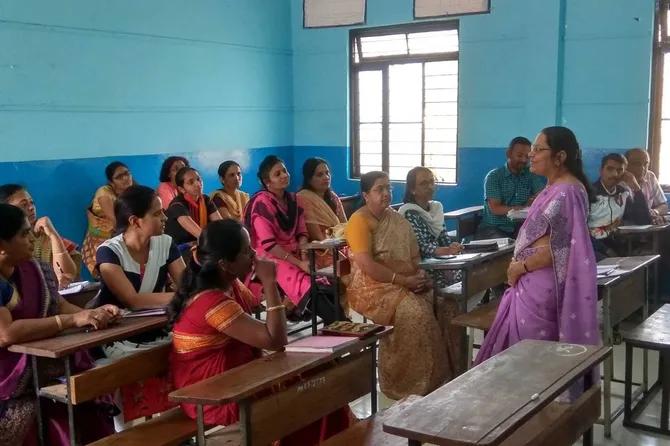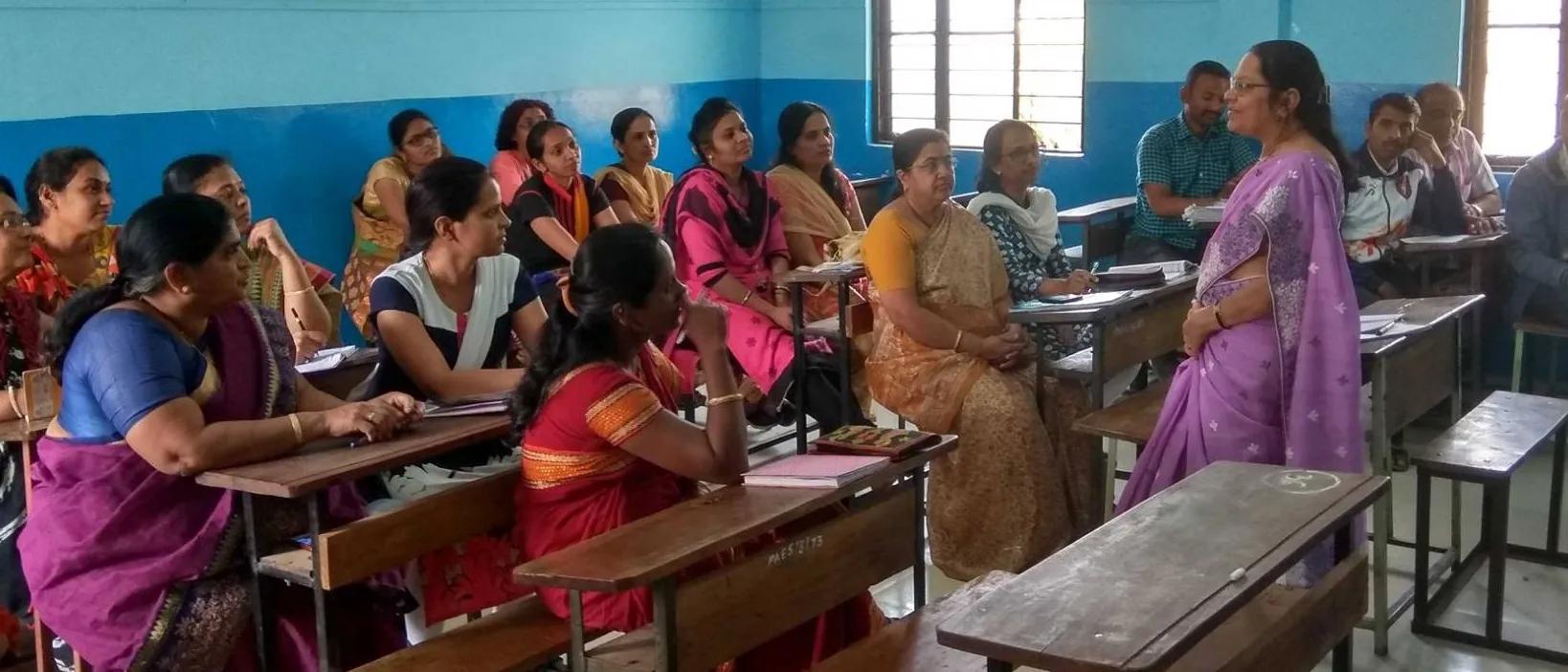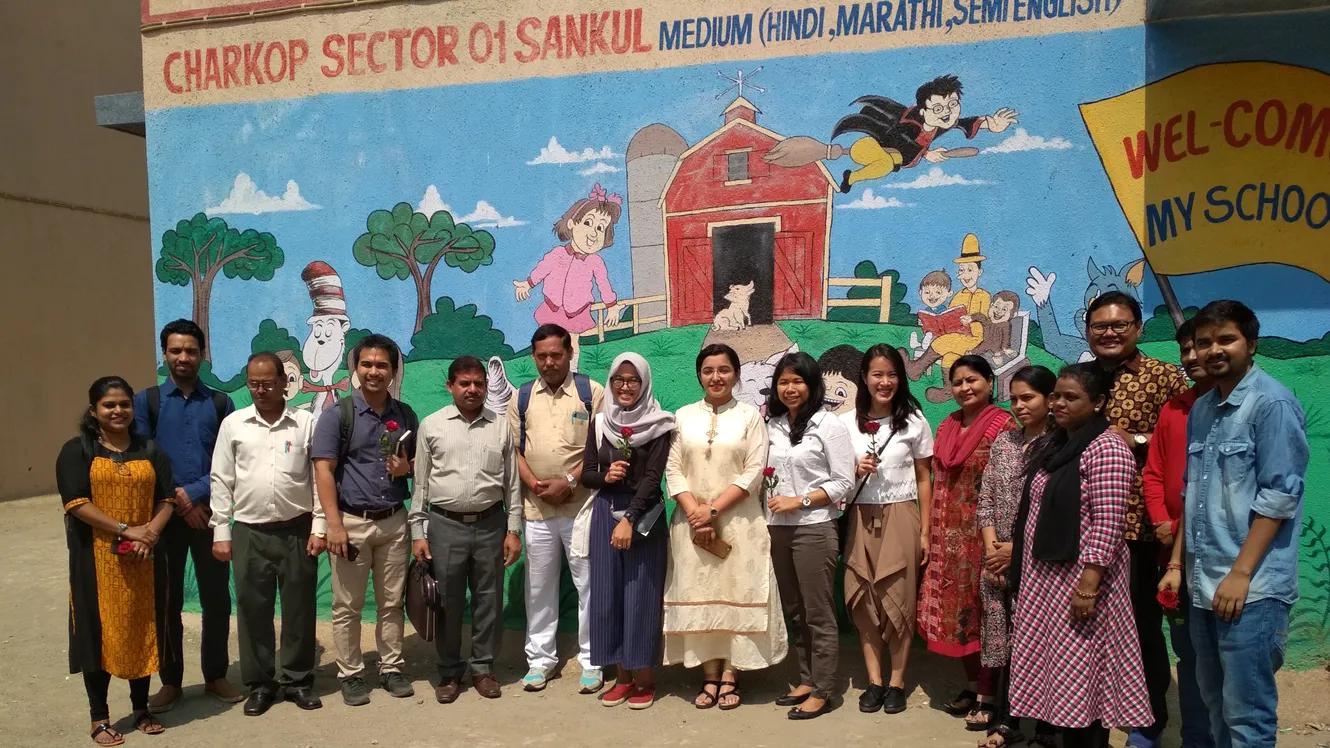Benin
Health
Training dogs to detect breast cancer, a method for screening disadvantaged women in Benin
Impact
News and Insights
Global School Leaders proposes to test and evaluate an innovative training program for school leaders in the State of Telangana in India in order to improve school and teaching practices that will lead to improvement in student learning outcomes.
Project ported by:


In India, less than half of the fifth graders can read a second grade text. An important reason for such low learning outcomes is the particularly poor quality of school-level management. While stronger implementation of key management practices is correlated with better student learning, Indian headmasters are deficient in monitoring the use of student data, managing teachers, and setting targets.
Many countries, including India, lack robust systems to support headmasters and help them manage schools better. School leadership training can improve student learning and, when successful, is highly cost-effective and scalable. Moreover, as schools emerge from Covid-related closures, the influence of quality leadership on student learning is likely to be stronger due to these adverse circumstances.

The project aims to test and evaluate a high quality and low-cost capacity-building program for school leaders in the State of Telangana in India, in order to improve school and teaching practices that could lead to improvement in student learning outcomes.
Global School Leaders partners with Alokit to implement a three-year capacity building program and evaluate it in comparison with a control group. The program will run in 400 schools, catering to roughly 200,000 students. It includes workshops to build principals’ knowledge and skills, a peer support network, and annual student assessments in key grade levels to make principals aware of learning levels. Individual coaching sessions will also be implemented in 100 of the randomly selected schools, to help principals implement what they learn from the program.
J-PAL will conduct a randomized control trial (RCT) in these 400 schools to rigorously measure whether the interventions will improve student learning outcomes. The researchers will randomly assign schools in the sample to one of the following groups:

The proposed interventions aim to train and coach the school leaders (knowledge, attitudes and practices) to become more effective leaders and provide better instructional support to teachers. This would improve school and teaching practices that will lead to improvement in students’ learning. Outcomes will thus be measured at three main levels: students, teachers and school leaders.
The evidence of impact generated by this program will be critical for scaling and long-term support in Telangana, other states, and also for programs outside of India – both in terms of understanding the overall cost-effectiveness, but also for understanding which approach has the highest impact on student learning outcomes.
Projects
Projects funded by FID